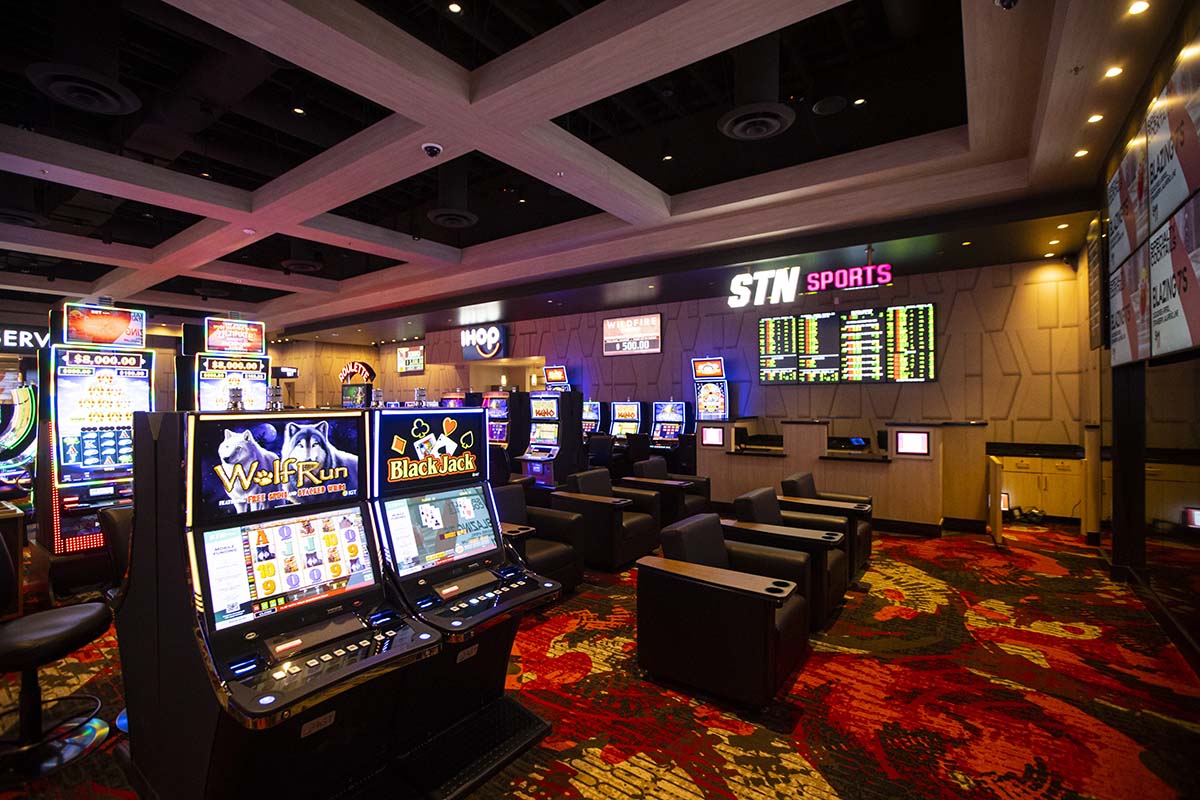
Gambling games have long captivated a wide range of players, providing not only excitement through chance but also a unique experience crafted for different player types. From the strategic minds who excel at calculation and skill to more casual gamers in search of entertainment, casinos understand the nuances of their audience and design games that meet these diverse preferences.
In exploring the realm of gambling games, we find a variety of choices that attract all types of players. Poker tables with high stakes draw those who are competitive, while vibrant slot machines appeal to those seeking immediate satisfaction. Whether it’s about the lure of winning large or simply savoring the community feeling, casinos tailor their game offerings to ensure that everyone can find their niche that feels comfortable and engaging. Comprehending how these games are tailored to various player types can enhance not only our appreciation of them but also our approach to choosing which games to play.
Understanding Participant Categories
In the varied world of casino entertainment, participants can be grouped into distinct categories based on their drives and choices. These player categories range from the relaxed and communal gamers, who enjoy the entertainment value and community connections that gambling provides, to the more tactical and methodical players, who seek to boost their odds and gains. Grasping these different kinds is essential for casinos to customize their services and create captivating environments.
One common kind is the communal player, who views casino games as a form of group interaction and entertainment rather than a serious gambling endeavor. These players often enjoy games that encourage engagement and camaraderie, such as poker. Their focus is on the experience rather than the conclusion, so vibrant atmospheres and collective moments are what they value the most.
On the contrary end of the range, tactical players are inspired by competition and the search of skill. They tend to lean toward games that demand tactical planning and strategy, such as poker, where their competencies can influence the outcome. This type often engages with the games on a more intense level, utilizing expertise and tactics to secure an edge. Grasping these motivations allows casinos to build settings and game selections that address to each participant’s unique preferences.
Strategies for Game Design
Casino games are designed with varied player types in mind, employing various strategies to attract and capture them. For casual players, the focus is on ease and ease of understanding. Games like slot machines are often aesthetically pleasing with straightforward mechanics. This enables players to experience the experience without a steep learning curve, fostering an inviting atmosphere. The bright colors, engaging audio, and thematic elements create a fun environment where players can easily get immersed and enjoying themselves.
For tactical players who enjoy a more profound level of engagement, games such as Texas Hold’em and 21 offer depth and strategic elements. These games incorporate strategy and decision-making, attracting to players who excel on challenge and want to exercise their cognitive abilities. The design of these games often includes intricate rules and mechanics that test players to refine their skills and create strategies over time, resulting in a fulfilling experience for those who enjoy perfecting the game.
Furthermore, community-oriented players are catered to through games that highlight interaction and community. This comprises live casino options and multiplayer formats, which foster a sense of community among players. The design of these games often includes chat features and social elements, allowing players to connect and exchange insights. By building an environment where interaction is promoted, casinos can effectively involve social players, making the gaming experience more enjoyable and unforgettable.
Boosting Participant Satisfaction
Gambling options have advanced significantly to create a much more entertaining experience for gamers. Software creators focus on immersive graphics, dynamic sound effects, and novel gameplay mechanics that engage participants into the gaming space. By utilizing tech, such as immersive technology and augmented reality, betting houses ensure that participants feel as if they are part of a dynamic atmosphere, enhancing in addition to the enjoyment of the activities but also the complete satisfaction of being in a casino.
Community engagement is another important element in enhancing player engagement in casino options. nhà cái abc8 Many options are designed to encourage engagement among participants, whether through team play or chat features. This social aspect attracts gamers who like interacting with other participants while engaging, promoting a sense of community. In addition, social features can feature ranking systems, contests, and rewards for collaborative engagement, which capture determined participants and encourage them to return for further.
In conclusion, customization plays a vital role in tailoring the engagement for diverse participant categories. Gaming establishments and game developers study player behavior and likes to offer customized game suggestions and benefits. By grasping the unique tastes of participants, casinos can present tailored offers, incentives, and new game releases that appeal to each participant, thus improving their overall satisfaction and commitment to the gaming venue.
